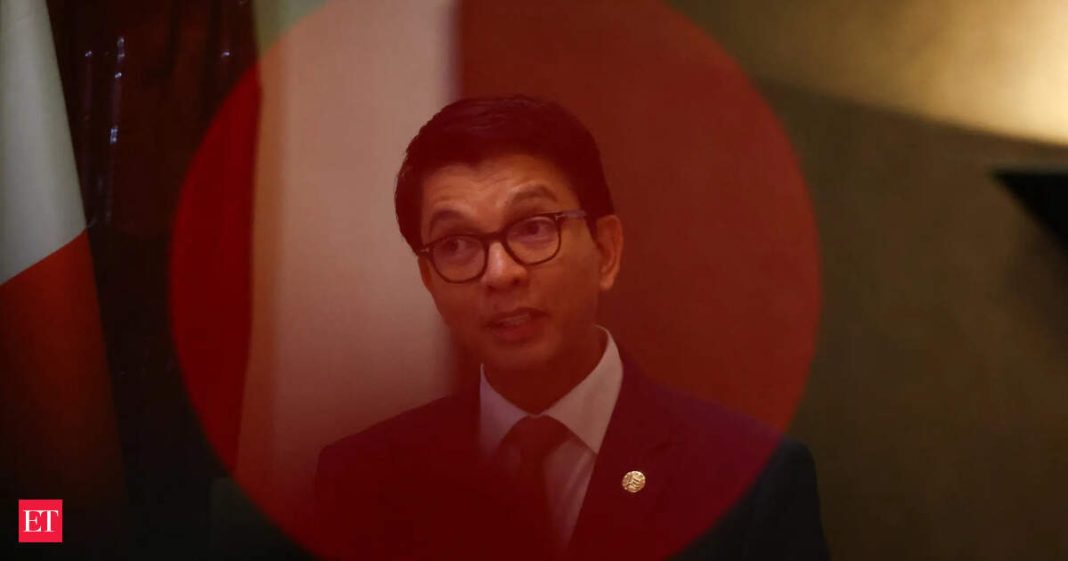Madagascar President Flees After Assassination Attempt Amid Military Unrest
Madagascar’s President Andry Rajoelina has fled the country following an alleged assassination attempt, confirming he is in a “safe place” amid mass protests and military unrest. The 51-year-old leader’s departure marks a critical escalation in weeks of political turmoil that has shaken the Indian Ocean nation.
Key Developments
- President Rajoelina confirmed his safety in a Facebook address but revealed no location
- Military has shifted allegiance to support anti-government protesters
- Rajoelina fled aboard a French army aircraft amid volatile power struggle
- Protests continue in Antananarivo over economic hardship and corruption allegations
Presidential Flight and Security Concerns
According to multiple reports, Rajoelina left Madagascar on Sunday after the military declared backing for the protest movement. Government sources and military insiders confirmed his departure as speculation swirled about his whereabouts.
In his address, delayed twice due to armed forces attempting to seize state media, Rajoelina appealed for constitutional resolution to the crisis. “I was forced to find a safe place to protect my life today. In all this, I never stop looking for solutions,” he declared.
Military Shift and Protest Movement
The military’s alignment with protesters represents a critical turning point, diminishing presidential authority and signaling potential power transition. This follows weeks of clashes between security forces and demonstrators, raising fears of escalating violence or coup.
Rajoelina’s absence since Wednesday had raised concerns about his safety and political future as protests swept Madagascar’s capital and other cities. Demonstrators have voiced grievances over economic hardship and alleged government corruption.
Constitutional Crisis and International Response
The president emphasized constitutional mechanisms to address the crisis, implicitly rejecting extrajudicial power grabs. Analysts suggest his flight underscores the fragile balance of power and uncertainty over Madagascar’s political trajectory.
The United Nations has urged dialogue and restraint to safeguard democracy and prevent further violence. The situation remains highly fluid with international observers closely monitoring developments.
Background: Madagascar’s Challenges
Madagascar, one of Africa’s poorest countries, faces deep-rooted challenges including economic inequality, institutional weaknesses, and recurrent political instability. The latest crisis highlights the precarious state of governance and urgent need for peaceful conflict resolution.




